Penang, a northern state of Peninsular Malaysia was a part of the British Straits Settlement before achieving independence on the 31st of August 1957 with the formation of Malaysia. Gaining its name from the betel nut or areca tree, it has attracted small numbers of Europeans such as Armenian and other region of Malay Archipelago like Aceh, as well as migration from China, India and Burma since the 18th century. This leads to the unique cultural expression and the existence of hybrid communities.
One of the major hybrid communities in Penang due to this migration is the Chulia community. Originally from the southern of India, they first relocated to Penang under the auspices of the East India Company where they prospered as traders of pelikat cloth, pepper and local products in the Straits of Malacca. The intermarriage with the locals has enriched the terms used from Chulia to Jawi Pekan or Peranakan (Town Muslims). The Chulias have influenced the unique history of Penang with their leading role in the development of the port town of Penang with endowments for mosques, Sufi shrines, burial grounds, a water tank, as well as holding religious feasts and processions. The construction of Kapitan Keling Mosque under the patronage of the Chulia on the endowment land area has served as the socio-cultural hub for the Muslims in Penang.
The exhibition celebrated the history of the Chulias and their contributions in arts, culinary, religion and socio-economy in Malaysia particularly in Penang that can be seen until today and has attracted tourists to visit this part of Malaysia.